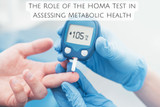DASH DIET: Healthy Eating To Lower Your Blood Pressure
DASH stands for Dietary Application to Stop Hypertension. The DASH diet focuses on a variety of nutrients, food, and the right portion of size. The DASH diet is a lifelong commitment to eating healthy that is designed to lower blood pressure and prevent hypertension. This diet encourages reducing sodium in your diet and eating food that is rich in nutrients like potassium, magnesium, and calcium that helps in lowering the blood pressure.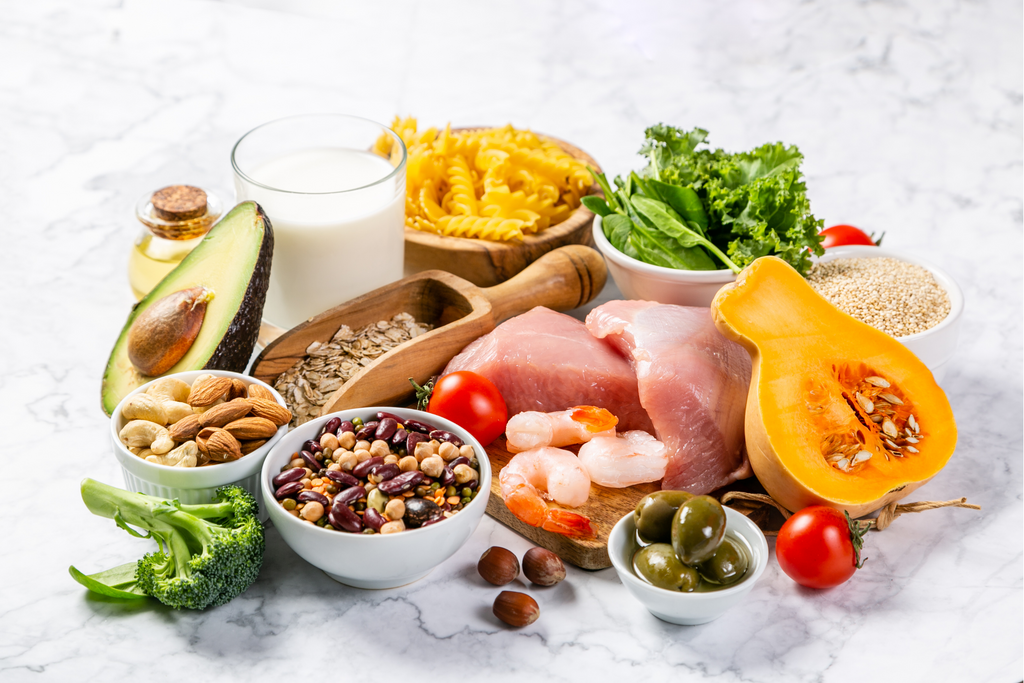
If you follow the DASH diet, you can reduce your blood pressure by a few points in mere two weeks. Over time, your systolic blood pressure can drop by eight to fourteen points and make a significant difference in your health problems.
Following the DASH diet also offers other health benefits besides lowering your blood pressure. The DASH diet is recommended to patients who have cancer, heart diseases, osteoporosis, diabetes, and stroke.
DASH diet: The Sodium Levels
The DASH diet mainly emphasises on low-fat daily products, vegetables, fruits, fish, whole grains, nuts, and poultry.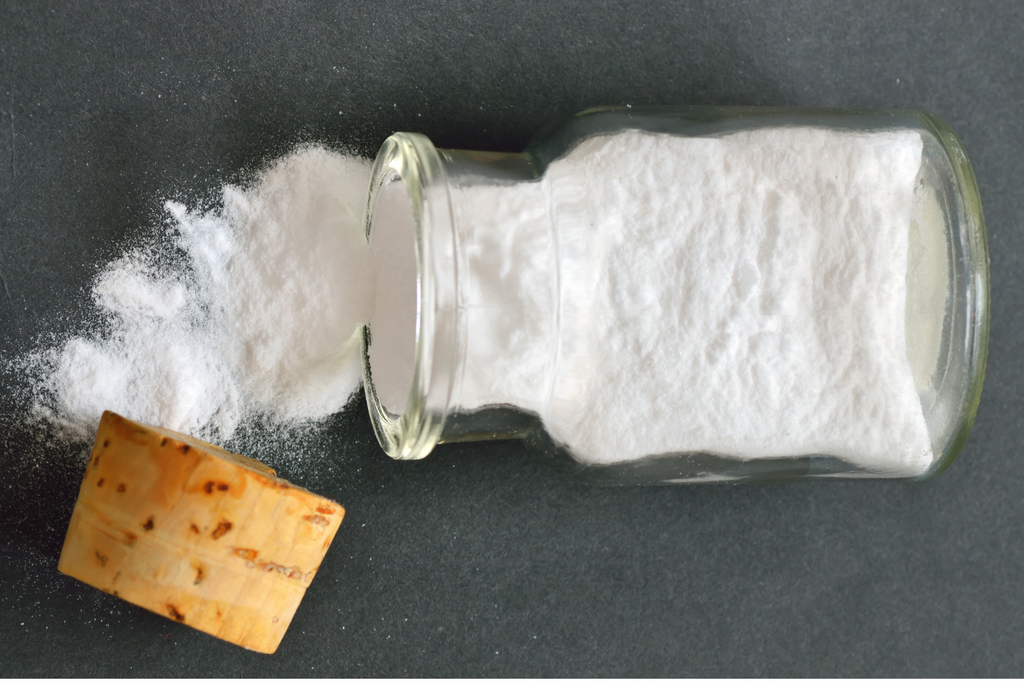
There is also a lower sodium version of the DASH diet. You can choose any version of the diet according to your health needs.
- Lower sodium DASH diet: in this diet, you can intake up to 1,500 mg of sodium per day.
- The standard DASH diet: in this diet, you can take up to 2,300 mg of sodium per day.
Both the versions aim to reduce the sodium in your diet. The DASH diet follows the Dietary Guidelines For Americans to consume sodium less than 2,300 milligrams per day. Before following any diet, it is better you ask your doctor about your sodium level if you are not sure.
What to eat in the DASH diet:
Both the versions of the DASH diet include a lot of vegetables, fruits, whole grains, and low-fat dairy food. It also includes legumes, fish, poultry, and small amounts of nuts and seeds.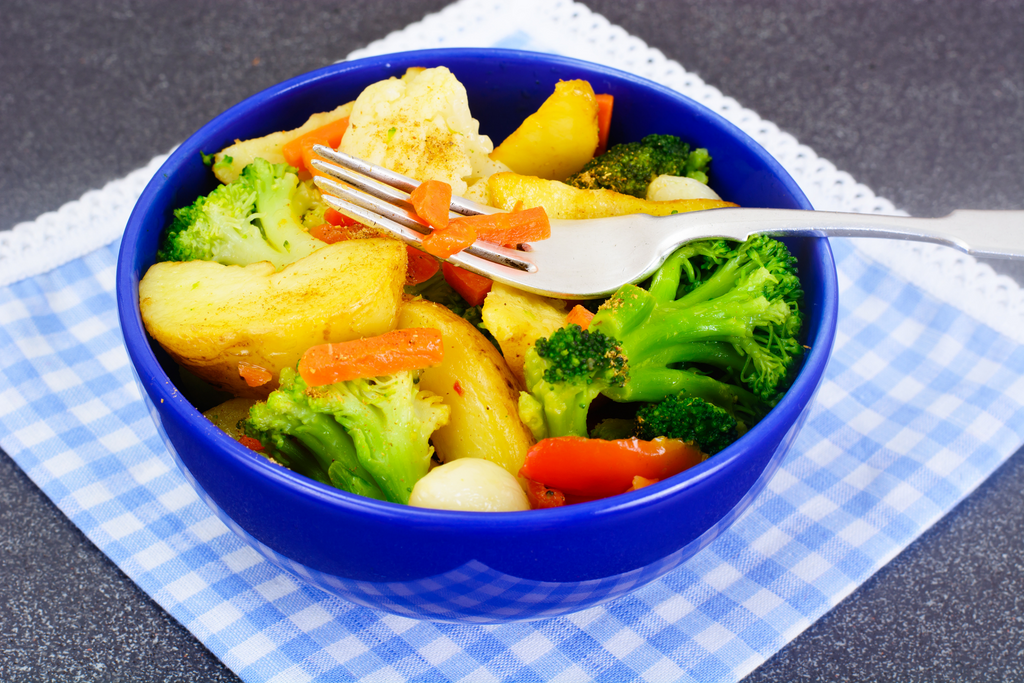
You can eat fats, sweets, and red meat but in small amounts. The DASH diet is low in trans fat, saturated fat, and total fat.
Recommended servings from each food group for 2000 calorie per day DASH diet:
Grains (6-8 servings a day): grains include rice, bread, pasta, and cereal. One serving of grains includes 1 ounce of dry cereal, one whole-wheat bread slice (preferably brown bread), ½ cup of boiled cereal, pasta or rice.
- Grains are low in fat. So, avoid using cream, cheese, butter, and sauces.
- It is better to focus on whole grains as they contain more nutrients and fibre compared to refined grains.
- Instead of using white rice, use brown rice. Eat brown bread instead of white, and whole-wheat pasta instead of regular pasta. Pick the products labelled as 100% whole wheat or 100% whole grains.
Vegetables (4-5 servings a day): green vegetables, broccoli, carrots, tomatoes, sweet potatoes, and other vegetables contain vitamins, fibre and minerals such as magnesium and potassium. One serving of vegetables includes ½ cup cooked or raw vegetables or 1 cup raw leafy vegetables.
- Vegetables served with white rice, or whole wheat noodles can be considered as a good main dish for a meal.
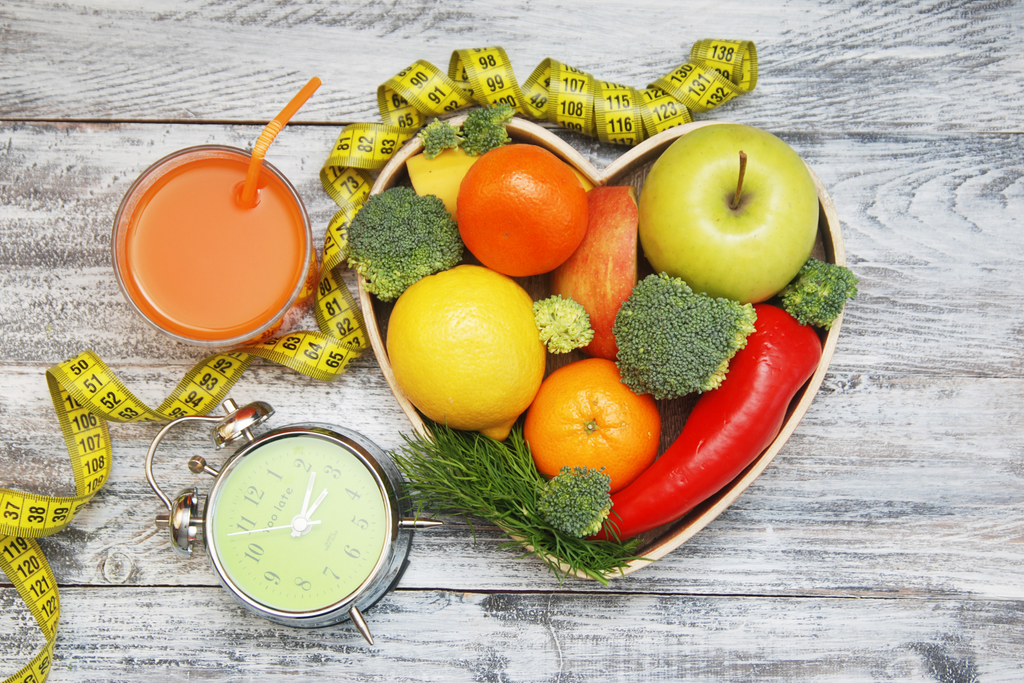
- When buying fresh and frozen veggies, make sure to buy the cans labelled as without added salt or low sodium.
Fruits (4-5 servings per day): fruits are a perfectly healthy meal or snack. Just like vegetables, fruits are also rich in potassium, fibre, and magnesium. Fruits are also low in fat.
One serving of food includes ½ cup of fresh, frozen, canned fruit, one medium fruit, and 4 ounces of juice.
- You can have fruit with meals and as a snack. You can also have a dessert of fresh fruits with low-fat yogurt.
- It is better if you leave on the peels of the fruits that are edible ( for example: apple and pears).
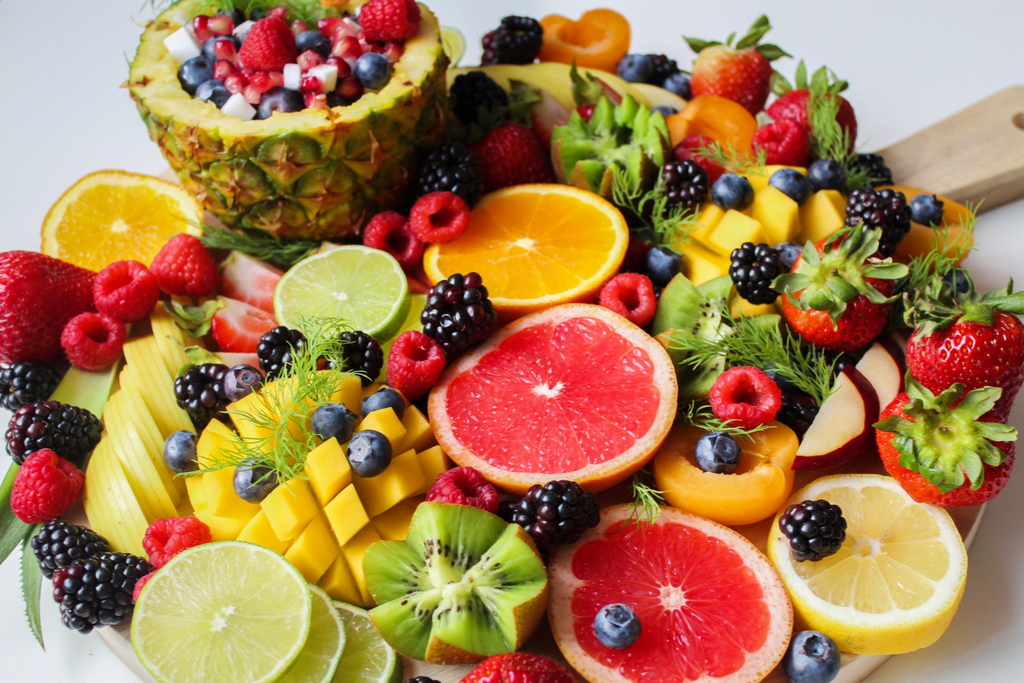
- Citrus juices and fruits such as grapefruit, orange and lemon, interact with certain medications, so it is better if you ask your doctor if it is ok for you to consume citrus fruits and juices.
- Choose canned fruits or juices only if they are labelled as no sugar is added.
Dairy (2-3 servings a day): dairy products such as milk, cheese, yogurt are the major sources of calcium, proteins and Vitamin D. But make sure to choose dairy products that are fat-free or low-fat.
One serving of dairy includes 1 cup of milk, 1 cup of low-fat yogurt or 1 ½ ounce of part-skim cheese.
- Fat-free or low-fat yogurt helps in boosting the number of dairy products that you eat while having a sweet treat. For a more healthy meal, add fruit to the serving.
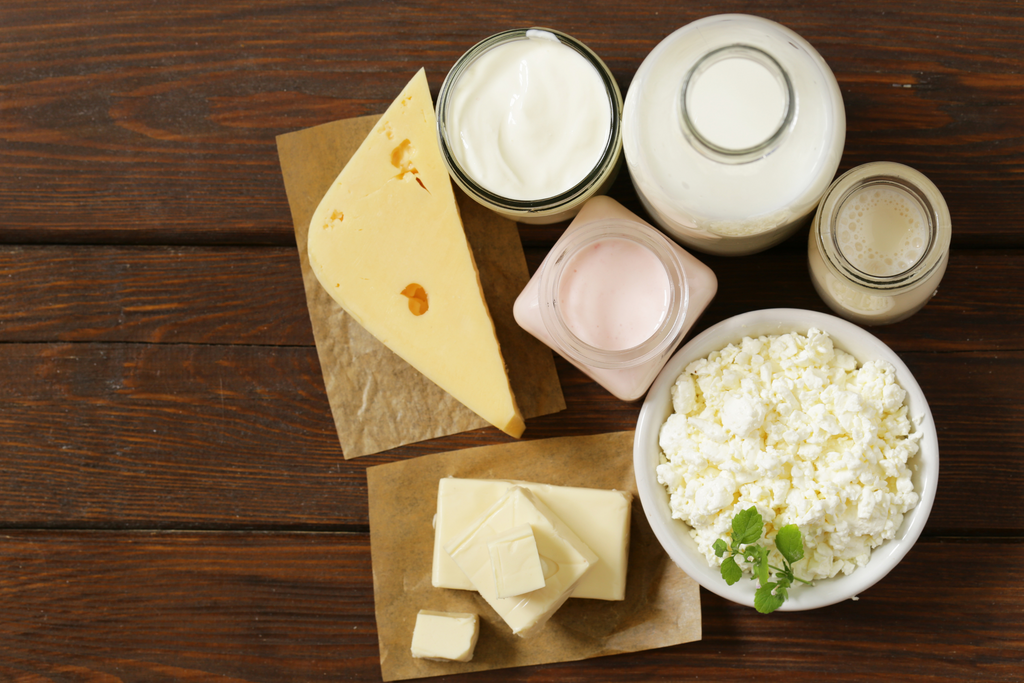
- If you are lactose-intolerant or have trouble in digesting dairy products, you should choose the products that are lactose-free.
- Do not consume large amounts of fat-free cheeses as they are high in sodium.
Fish, lean meat and poultry ( 6 one-ounce servings): meat is a rich source of proteins, vitamin B, zinc, and iron.
One serving includes 1 ounce of meat, fish or poultry, or one egg.
- It is better to trim the skin and fat away from meat and poultry, and grilling, boiling, baking, roasting is better than frying in fat.
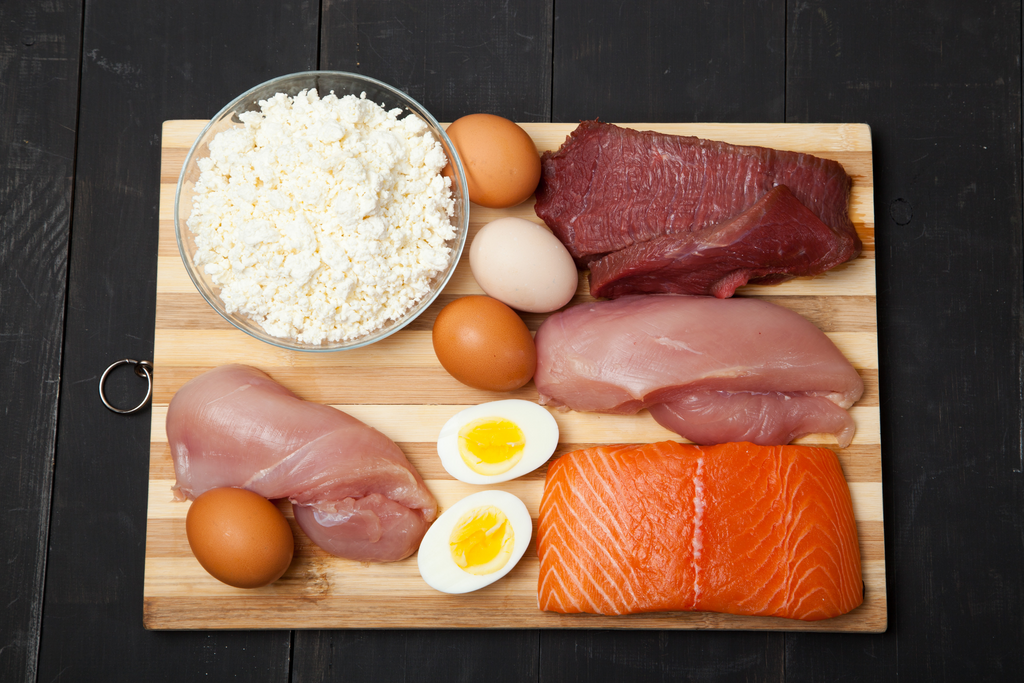
- Eat fishes that are healthy for your heart, such as salmon, tuna, and herring. These types of fishes are also high in omega-3 fatty acids which are good for your heart.
Seeds, nuts, and legumes ( 4-5 servings in a week): sunflower seeds, kidney beans, almonds, lentils, peas and other foods in this family are primary sources of potassium, magnesium, and protein. They prevent harmful diseases like cancer and cardiovascular diseases with their fibre and phytochemical properties.
The serving sizes are small as they are intended to be consumed just a few times in a week because these foods contain high calories.
One serving includes ½ cup of nuts, 2 tbsp of nut butter or seeds, ½ cup of cooked beans or peas.
- Although nuts have a bad rap because they contain fat, they are very healthy fats. Nuts contain high calories, so it is recommended that they are consumed in moderation. You can also add nuts to stir-fries, cereals, and salads.
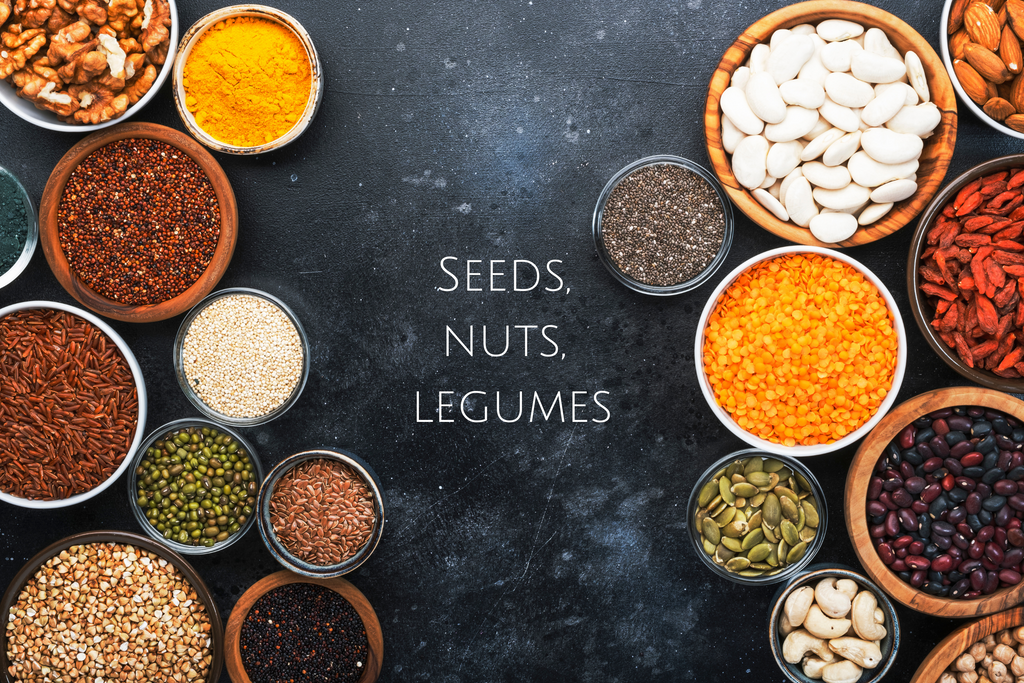
- Soybeans products like tofu and tempeh are good alternatives to meat if you are a vegetarian. They contain amino acids that your body needs.
Is DASH diet a Weight Loss Program?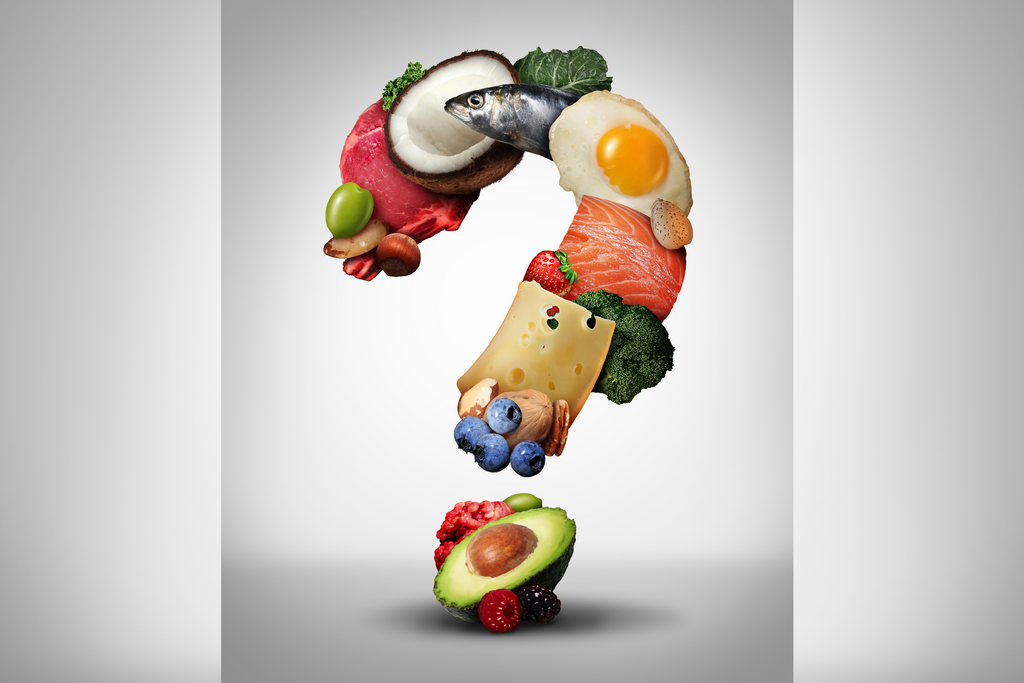
DASH diet might not be a weight-loss program, but it definitely helps lose unwanted pounds as it helps you guide towards more healthy food choices. The DASH diet includes about 2000 calories a day, so if you want to lose weight, you need to intake fewer calories. Along with that, you will also need to make adjustments in your servings.
Recent Posts
-
The Science Behind Boswellia Extract: How It Works in the Body
Boswellia serrata, also known as frankincense, is a resin obtained from the Boswellia tree that has
-
The Role of Un-Natured Protein in Enhancing Detoxification
While the human body is well-equipped with a detoxification system—primarily managed by the liver, k
-
The Role of the HOMA Test in Assessing Metabolic Health
In today’s fast-paced world, where health conditions such as Type 2 diabetes, obesity, and metabolic




